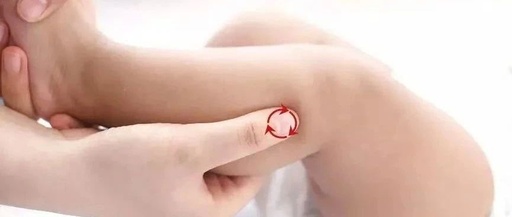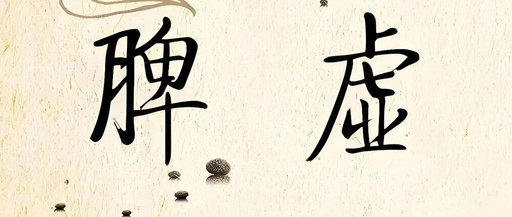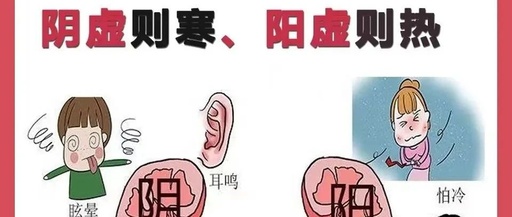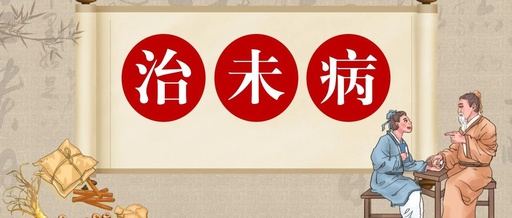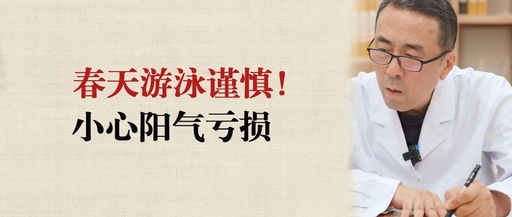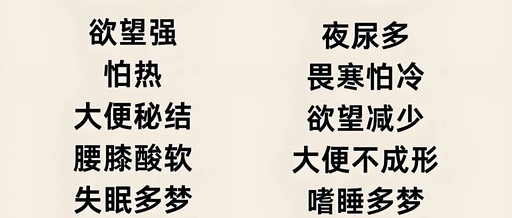Understanding Spleen Deficiency in Children: Spleen Qi Deficiency, Spleen Yang Deficiency, and Spleen Yin Deficiency
The spleen is fundamental to a child’s immunity, yet many people have a limited understanding of spleen deficiency, often simply stating that a child has either Spleen Yang deficiency or Spleen Yin deficiency, and asking how to adjust their condition. Today, we will explore: What exactly is spleen deficiency?The spleen and stomach are responsible for … Read more

